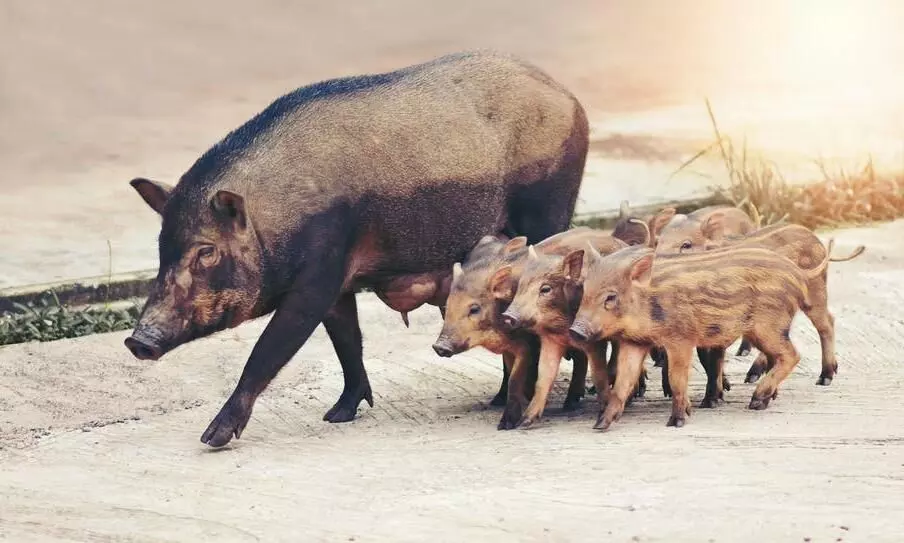
Protect, not just encourage, farming
text_fieldsImage for representation only
Recent efforts the Kerala government, local self-government bodies and people's collectives to encourage agriculture and create a new awakening in farming sector are by all means laudable and raise optimism. Kerala has become a top consumer state with having to import nearly every essential item from other states or countries. This has caused much damage in the health and economic sectors of the Keralite population; and that is the background for the emergence of a new awareness to turn to farming as an occupation at least partially. The realisation about most of the essential food stuffs containing harmful ingredients and causing health problems, drove people to take to farming of vegetables and fruits in thousands of acres of vacant that had been lying vacant. And with the existing ban on reclaiming farm land, several projects of paddy cultivation have come up in such vacant fields. And Kerala appears to experience the positive results of this new awakening.
However, the agricultural sector in Kerala does face the threat from wild animals, especially intrusion by hordes of wild boars. Although the menace of tiger and wild elephants is limited to forest areas, the threat from wild boars has become a more destructive factor in the rural areas. The hordes that ambush in bushes during day, start ransacking compounds and farms once it gets dark and destroy everything that comes their way. In the most recent instance, in the village of Koorachundu in the high range of Kozhikode district, much after daybreak, two wild boars entered a villager's house and ran amok - whose images the media reproduced. Luckily the occupants of the house were outside the room and were able to lock the animals up and inform the forest officials who came to the spot and killed them. Not only the residents in high range, but even those in villages without forest or hill around, are living in dread of these creatures with the ferocity to attack and wound humans. And media carry on a daily basis the pictures of banana plants, tapioca and other crops destroyed by these boars.
The techniques used earlier to ward off wild boars are not working any more. And killing them is strictly prohibited under wild life protection law. In response to the long-standing calls of farmers, permission has been granted now to kill boars that destroy crops on strict conditions. But only those who possess licenced guns are allowed to shoot them, that too after informing authorities in time and within defined areas. As a result, only a handful of boars have been killed by such guns, which is not sufficient to get rid of even a fraction of the menace. No doubt, wild life protection regulation are compassionate and essential to prevent extermination of species. Or else even the surviving species would have been extinct along with numerous others that met with the fate of dinosaurs. At the same time, in the case of pigs that proliferate hugely, they raise a threat to the habitat of man as well as agriculture; therefore, wild life protection law cannot remain one of wild life fundamentalism. The government and panchayat-municipal institutions, should take initiative and form farmer collectives to set up barb-wire fencing or similar protective mechanism to insulate agriculture from wild animals.
In parallel, laws should be made so flexible as to reduce the presence of wild boars. There is an urgent need to appoint an expert panel to study these aspects and recommend ways to implement remedial measures in a transparent manner. Earlier, when the number of stray dogs increased at an alarming scale, Maneka Gandhi had suggested castration as the solution; but the remedy for proliferation of boars should not be modelled on this; it is not feasible to catch wild boars that come out only at night, and castrate them. And it will be foolish to catch some stray boar from somewhere, inject it and then again send it back to the forest. The test of any proposed remedy is whether it leads to a solution of the problem; also it should be enforceable without getting into legal entanglements.
























